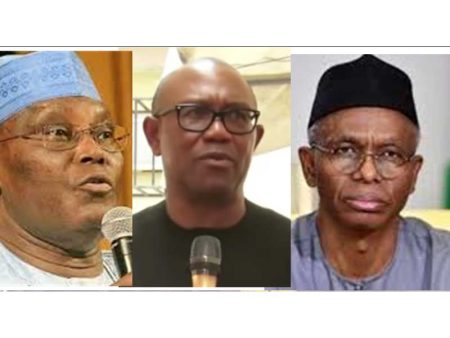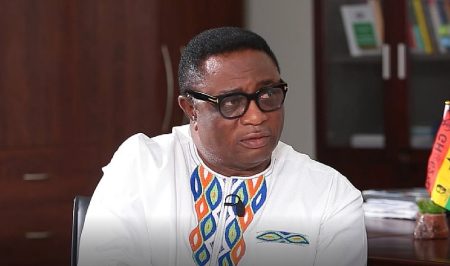The political landscape in Ghana has witnessed a fiery exchange between Rashid Salifu, a member of the New Patriotic Party’s (NPP) Ashanti Regional Communications Team, and Alhaji Said Sinare, former Ghanaian Ambassador to Egypt and Saudi Arabia. The crux of the contention revolves around Alhaji Sinare’s criticism of former Vice President Dr. Mahamudu Bawumia, particularly regarding his commentary on the economic performance of the Mahama administration. Rashid Salifu, in a strongly worded rebuke, accused Sinare of betraying his integrity and the Zongo communities for political favours that ultimately went unfulfilled.
Salifu’s condemnation stems from Sinare’s alleged attempts to discredit Dr. Bawumia, which he characterizes as desperate acts of a politician abandoned by the very party he sought to appease. He paints a picture of Sinare as a “disgraced political puppet,” accusing him of inciting Zongo communities against Dr. Bawumia during the 2024 election campaign, only to be sidelined and ignored when positions and recognition were distributed within the party. Salifu emphasizes the irony of Sinare’s actions, highlighting his alleged betrayal of a fellow Muslim brother for political expediency.
According to Salifu, Sinare’s political maneuvering was ultimately self-serving, driven by the desire for political appointments and recognition. He alleges that Sinare’s fervent support for the National Democratic Congress (NDC) and his attacks on Dr. Bawumia were motivated by the expectation of reward. However, Salifu claims that Sinare was ultimately used and discarded by the NDC, his loyalty and efforts unrewarded. This, according to Salifu, serves as a poignant lesson about the pitfalls of political opportunism.
Salifu’s attack on Sinare highlights a broader theme of political loyalty and its potential consequences. He argues that Sinare’s actions have damaged his political reputation and credibility within the Zongo communities. By publicly challenging Dr. Bawumia, a prominent figure within the Muslim community, Sinare is accused of jeopardizing his standing within the very community he claims to represent. Salifu implies that Sinare’s pursuit of political gain has ultimately led to his political marginalization.
The dispute between Salifu and Sinare underscores the often-contentious nature of political discourse in Ghana. It reveals the complexities of political alliances and the potential for betrayal and disillusionment. Salifu’s accusations against Sinare paint a picture of political opportunism gone awry, serving as a cautionary tale against sacrificing integrity and loyalty for short-term political gains. The public nature of this exchange further highlights the intense scrutiny faced by political figures and the potential for their actions to have lasting repercussions.
The clash between Salifu and Sinare raises several important questions about political ethics and the dynamics of power within the Ghanaian political system. It underscores the challenges faced by individuals seeking to navigate the complex landscape of political alliances and the potential for personal ambition to override principles of loyalty and integrity. The fallout from this public dispute remains to be seen, but it serves as a stark reminder of the high stakes involved in the pursuit of political power.














